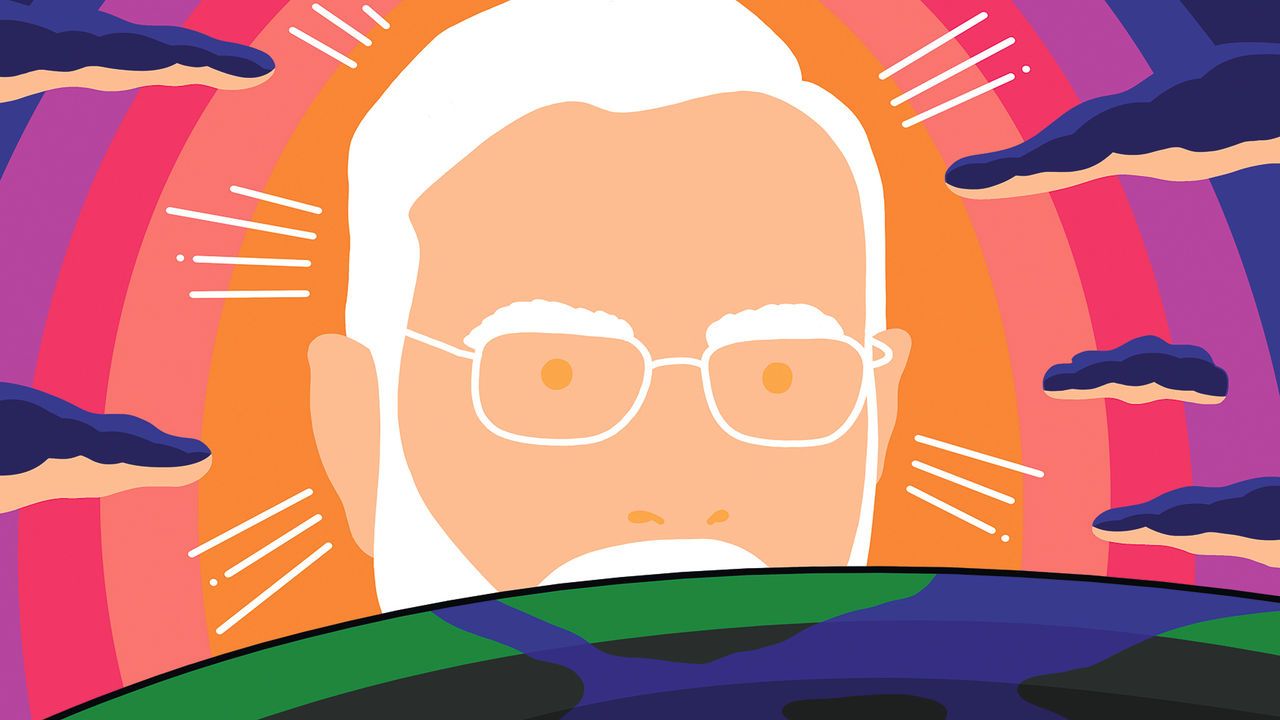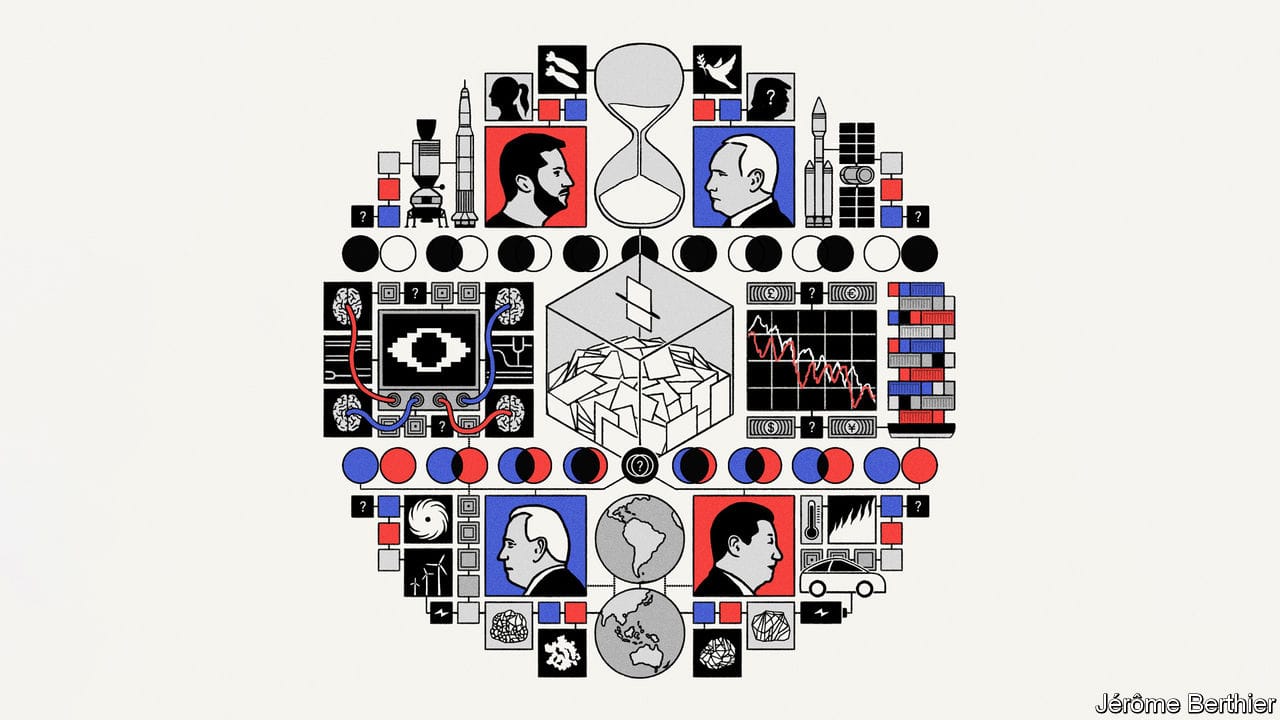Narendra Modi’s expected re-election will inspire fear and hope
He is long accused of mistreatment of political opponents and religious minorities

By Jeremy Page
In a speech on India’s independence day in August 2023, his tenth as prime minister, Narendra Modi declared the country to be at a turning point. A new world order, he told the crowds, was emerging in the wake of the covid-19 pandemic. India was poised to shape this new order, thanks to its “trinity” of demography, democracy and diversity. “The world can see a spark for itself in this beam of light that is emanating from India,” he said.
India may indeed be at a turning-point with a general election due in 2024—just not quite in the way that Mr Modi suggests. Since he took office, India has grown from the world’s tenth-largest economy to its fifth (it could be third by 2027). It has become a key partner in America’s pushback against China. But there have also been persistent allegations from critics at home and abroad that Mr Modi has repressed political dissent and marginalised Indian Muslims. The coming year could be critical for the future of India’s democracy—and its relations with the West.
This article appeared in the Asia section of the print edition of The World Ahead 2024 under the headline “More Modi”
